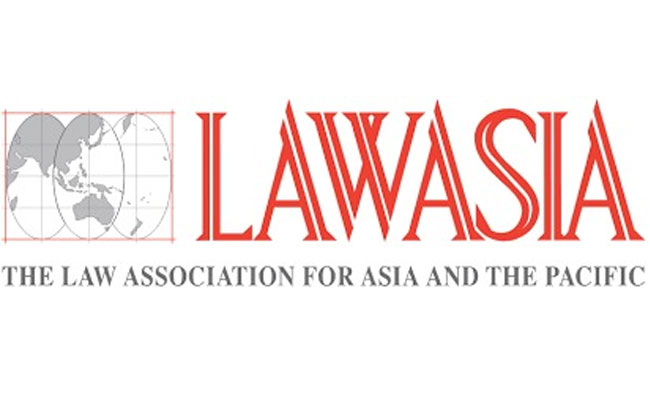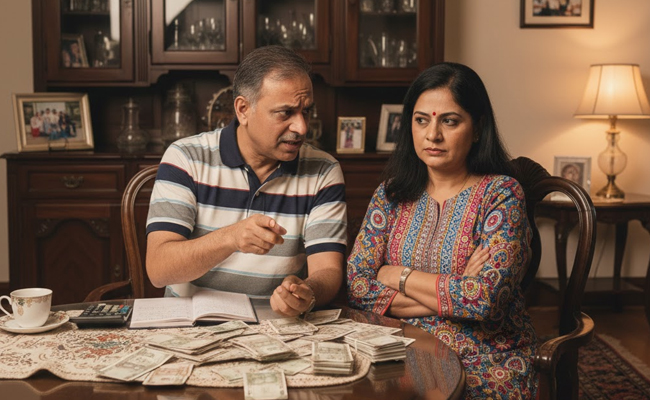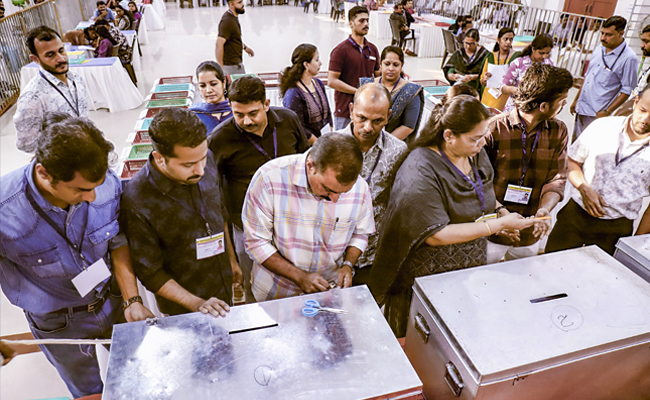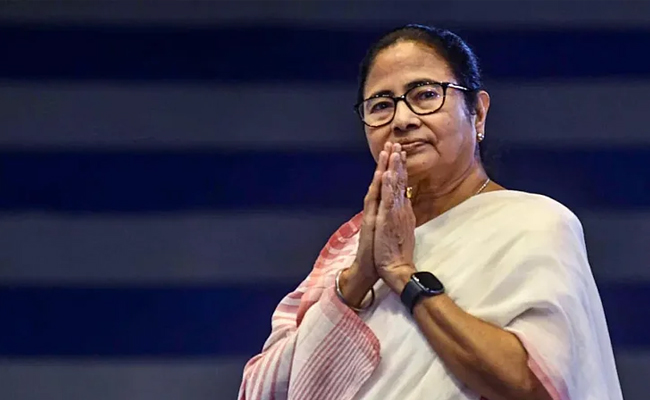Bengaluru: Legal professionals, bar leaders, and jurists from across the Asia Pacific region are set to converge in Bengaluru for the 36th LAWASIA Conference, a flagship event organized by LAWASIA and The Bar Association of India.
Scheduled to take place from Friday, November 24, to Monday, November 27, 2023, at the Four Seasons Hotel Bengaluru, the conference is set to be a hub for in-depth discussions on various legal topics.
While Chief Minister Siddaramaiah will inaugurate the event on November 24, Soumya Swaminathan, Chairperson, M.S. Swaminathan Research Foundation; former Chief Scientist, WHO, will deliver a talk on “Journey into the Future: Climate Change, Public Health and Equity,” said senior advocate S.S. Naganand, vice-president of Bar Association of India (BAI) and an executive member of LAWASIA.
Chief Justice of India D.Y. Chandrachud will deliver a talk on “Identity, the Individual and the State: New Paths to Liberty” on November 25 and some of the judges of the Supreme Courts of India, Bangladesh, Nepal, Sri Lanka, Thailand, various the High Courts of the country, will attend sessions on various subjects of law.
The LAWASIA Annual Conference, considered a pinnacle in the organization's professional events program, provides a unique platform for legal experts to discuss and deliberate on key regional developments in law.
The event covers a wide array of legal domains, including Family Law, Human Rights & Rule of Law, Business Law, Environmental Law, Alternative Dispute Resolution, Criminal Law, Intellectual Property, and more.
“As a generalist legal event, the Annual Conference also serves as an important forum for sharing ideas, building professional networks, reinforcing shared professional values, advocating for the rule of law in varied jurisdictions, and advancing the status of the legal profession in the Asia Pacific,” a statement from the organisers stated.
The Four Seasons Hotel Bengaluru will play host to a series of engaging sessions, featuring renowned legal experts as speakers and panelists. Attendees can expect thought-provoking discussions, interactive sessions, and opportunities to delve into the latest legal trends and advancements in the region.
Let the Truth be known. If you read VB and like VB, please be a VB Supporter and Help us deliver the Truth to one and all.
Prayagraj (PTI): The Allahabad High Court has set aside a lower court order mandating a man to pay maintenance to his estranged wife, observing that she earns her living and did not reveal the true salary in her affidavit.
Justice Madan Pal Singh also allowed a criminal revision petition filed by the man, Ankit Saha.
"A perusal of the impugned judgment indicates that in the affidavit filed before the trial court, the opposite party herself admitted that she is a post-graduate and a web designer by qualification. She is working as a senior sales coordinator in a company and getting a salary of Rs 34,000 per month," the court said in the December 3 order.
"But in her cross-examination, she has admitted that she was earning Rs 36,000 per month. Such an amount for a wife who has no other liability cannot be said to be meagre; whereas the man has the responsibility of maintaining his aged parents and other social obligations," it observed.
The high court observed that the woman was not entitled to get any maintenance from her husband "as she is an earning lady and able to maintain herself".
The man's counsel argued in court that the estranged wife did not reveal the whole truth in the affidavit.
"She claimed herself to be an illiterate and unemployed woman. When the document filed by the man was shown to her before the trial court, she admitted her income during cross-examination. Thus, it is clear that she did not come before the trial court with clean hands," the counsel submitted.
The court, in its order, said, "Cases of those litigants who have no regard for the truth and those who indulge in suppressing material facts need to be thrown out of the court."
It impugned the lower court's February 17 judgment and order, passed by the principal judge of a family court in Gautam Buddh Nagar and allowed the criminal revision petition filed by the man.





